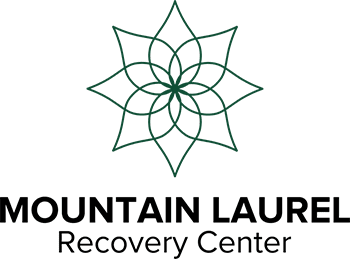
It’s Important to Communicate with Your Teen
Whether your teen has been personally affected by a family member’s addiction or you have concerns about them becoming addicted to drugs or alcohol, consider these five points children should know about addiction. In your communication with your teen, be honest and open. Show them respect, and let them be part of the conversation. They may have difficult questions and concerns that need to be addressed. Some tips for talking to your teen include:
- Let them know that no family is perfect, and everyone has struggles of their own.
- Addiction is no one’s fault, and especially not theirs. Their actions did not cause their family member to use drugs or alcohol.
- Discuss the consequences of drug or alcohol addiction, such as legal trouble, health problems, accidents, etc.
- Stress that while substance abuse can be dangerous, the person using substances is not a bad person–they just need help.
- Ask your teen their thoughts and allow them to express their feelings and concerns.
- Answer their questions as honestly as possible. If you don’t know the answer, research it together.
If you suspect your teen is using, don’t be afraid to seek help from a professional. Talk to a health care provider or a counselor who can guide you in the right direction. Brushing it under the table will only make the problem worse and can lead to serious consequences for your teen.
Risk Factors for Teen Substance Abuse
Certain risk factors can put a teen at a higher risk for substance abuse, including:
- Family history. If there are substance use issues within the family, a teen may be more likely to develop an addiction.
- Childhood trauma. Suffering a trauma in childhood has a strong connection to developing a substance use disorder. A child who has experienced abuse or domestic violence, witnessed a murder, or been involved in a traumatic event has a higher likelihood of developing a drug or alcohol addiction.
- Personality type. Teens with impulsive types of personalities find it difficult to control their actions and behavior. This can make it more likely for them to experiment with drugs or alcohol and potentially develop a substance use disorder.
- Peer pressure. Being around others who are using drugs or alcohol can cause a teen to give in to peer pressure in an effort to fit in.
- Mental health disorder. Having a mental health disorder such as anxiety or depression can put a teen at an increased risk for substance abuse.
- Low self-esteem. Teens with lower self-esteem may self-medicate to feel better about themselves.
If your teen is at a higher risk for developing a substance use disorder, watch for the following signs: personality changes, wanting to isolate, poor school performance, and changes in appearance. Talking openly with your teen about your concerns can make a difference and can often prevent problems from becoming serious.
Finding Support for Families
It can be difficult seeing a parent or close family member suffer from an addiction or go through a treatment program. Support groups designed for teens allow them to meet others who share similar family experiences. Peer support groups such as Alateen give teens who are struggling with a loved one’s addiction an outlet to express their thoughts and feelings in a safe and supportive environment.
If the teen has a parent or family member in treatment, many recovery centers offer family programming. Mountain Laurel Recovery Center in Pennsylvania understands that addiction is a family disease. Our Family Program offers weekly educational groups that help families better understand the impact of addiction and how to support their loved ones in recovery. Families also have the opportunity to connect with other families who have loved ones in treatment.
To find out more about our programs and services, contact us online.
